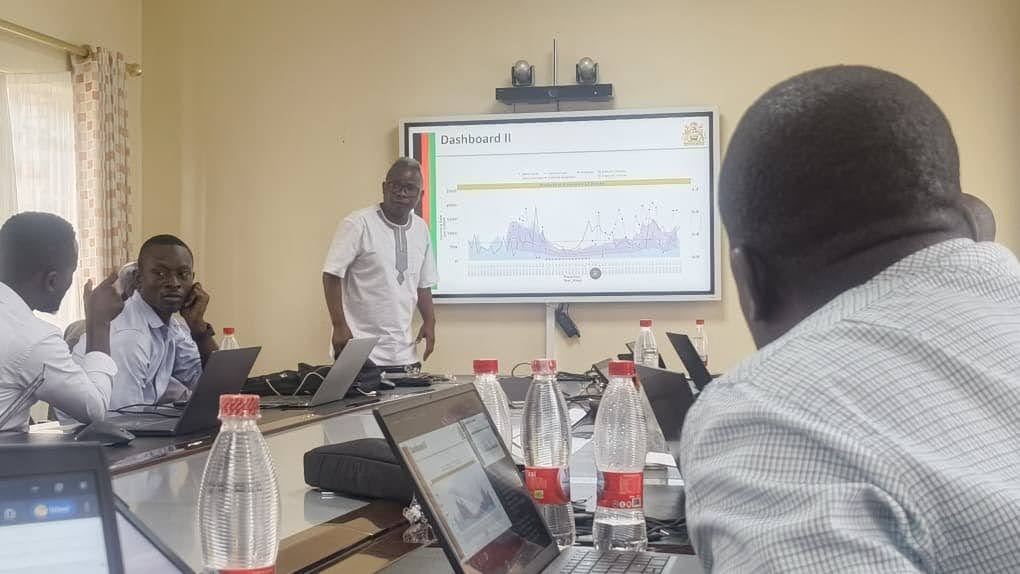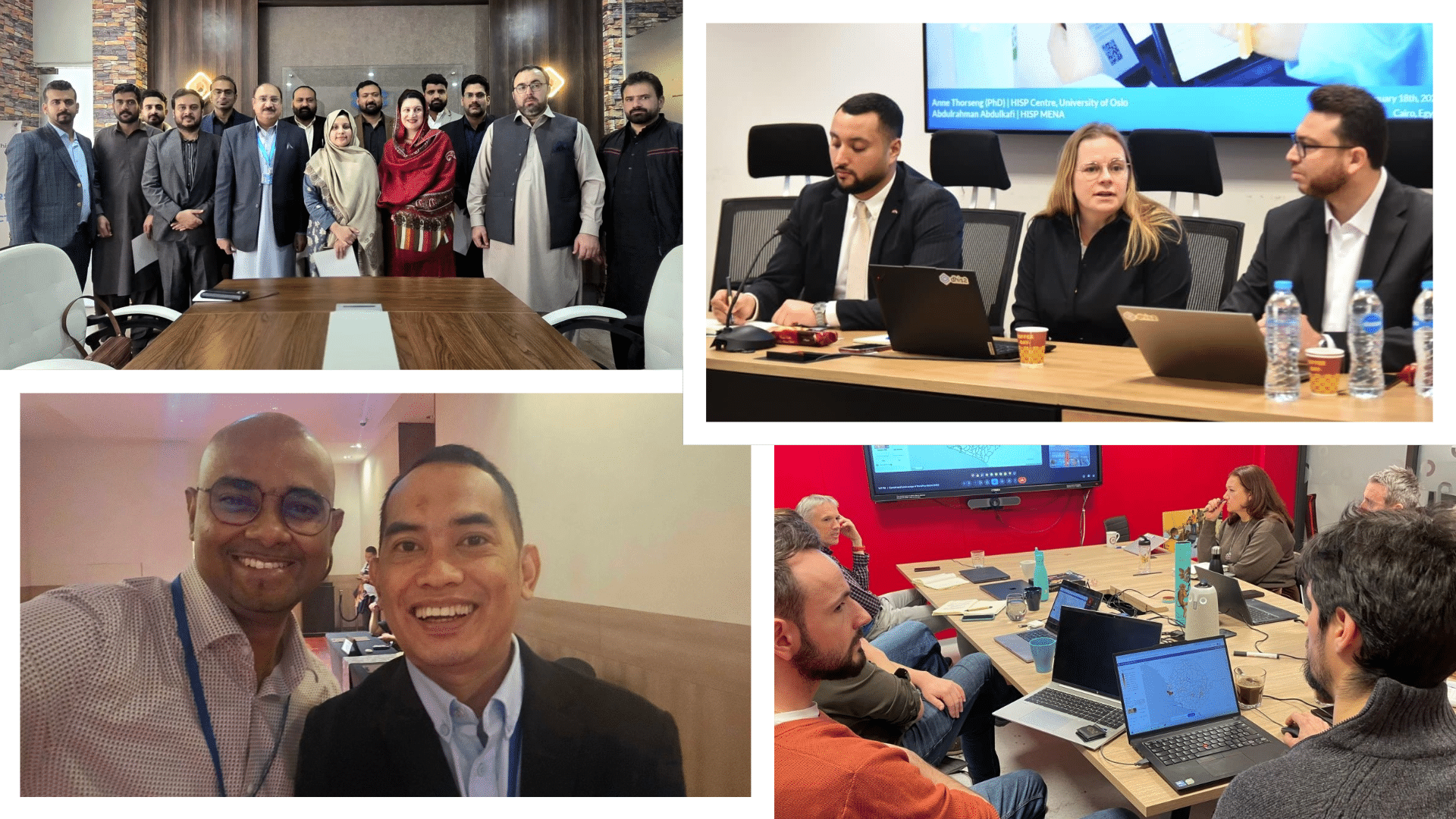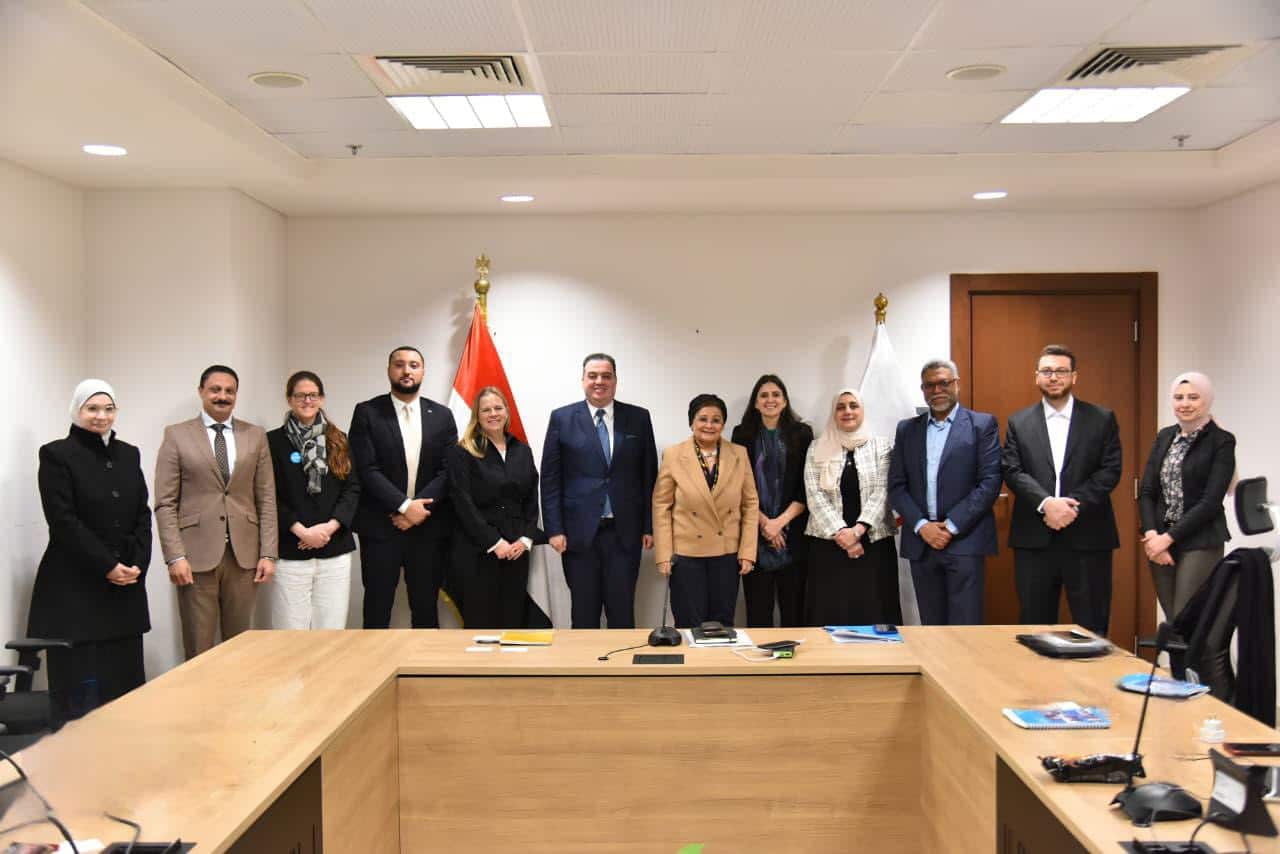The DHIS2 Annual Conference takes place from 15-18 June 2026! Learn more
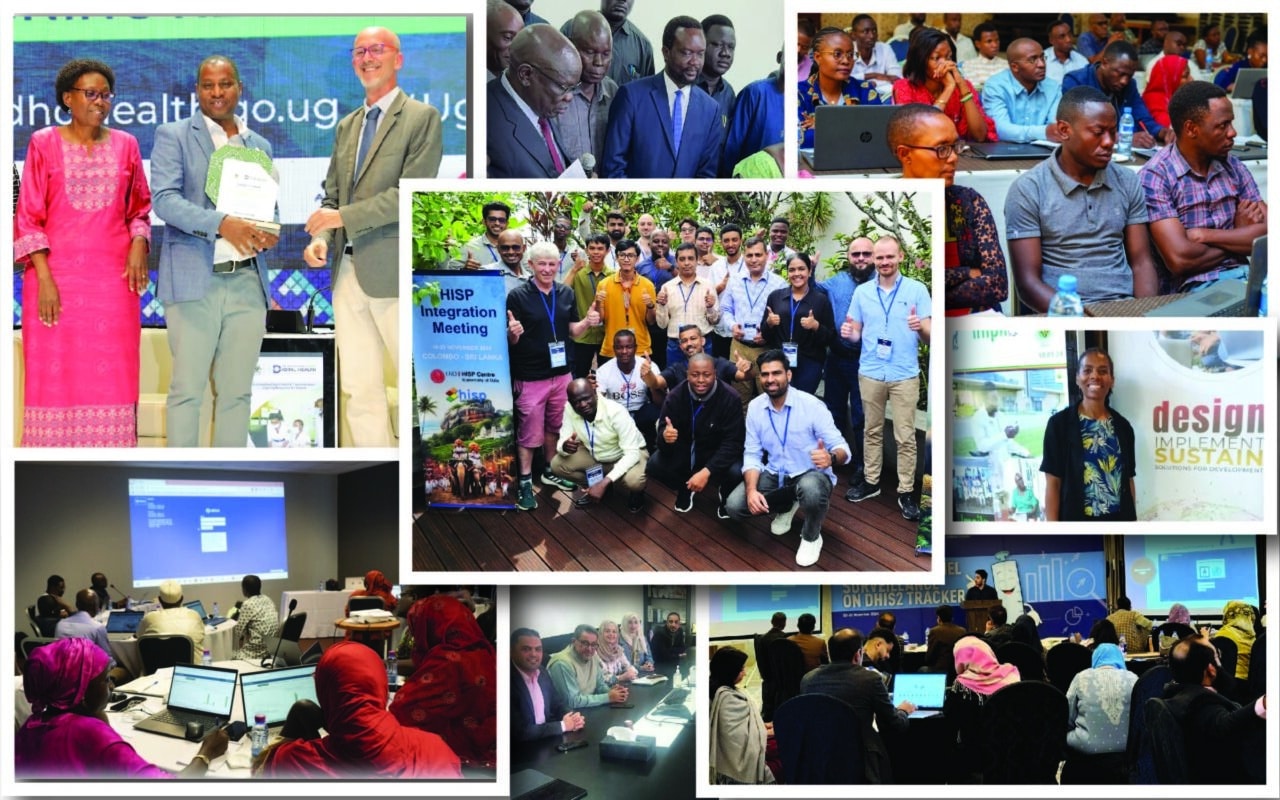
November 2024 HISP Highlights
In our monthly HISP Highlights, we share the biggest news and updates from the members of our global HISP network.
Our HISP network has been very busy during the month of November! Here are some of the biggest updates and announcements shared by HISP groups in the last month.
Training
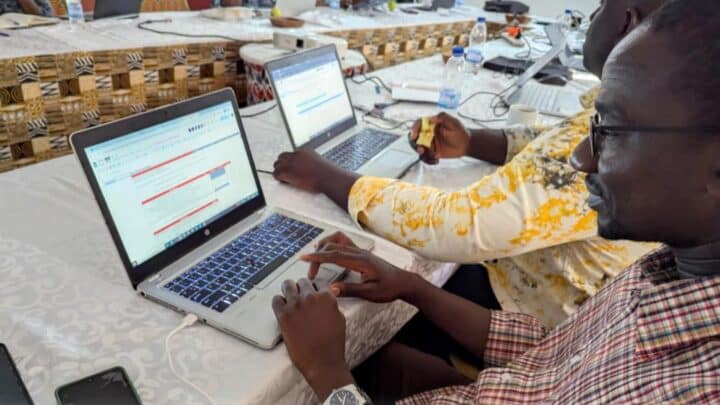
Data Collection and Reporting Forms Training Workshop
In collaboration with the Department of Health Sindh, HISP Pakistan conducted a three-day Training of Trainers session in Karachi, equipping participants with skills in data collection, analysis, and reporting through DHIS2 for Primary and Secondary Health Care facilities. Through hands-on learning and in-depth discussions, this initiative empowers health professionals to enhance data-driven decision-making and improve healthcare delivery across Sindh! More
DHIS2 Tracker Configuration Fundamentals Academy
HISP Rwanda, HISP University of Malawi, HISP Tanzania and HISP Uganda participated in the Tracker Configuration Fundamentals Academy in Lilongwe, Malawi, 11-15 November. Participants at this Academy deepened their expertise in configuring Tracker programs for individual data management, gaining valuable insights into essential concepts and best practices for effective design and implementation. More
DHIS2 Administration Level 2 Training
HISP WCA led training in Lomé, for participants from Niger to strengthening their skills, in a Level 2 DHIS2 Administration course. More
DHIS2 TB Tracker Analysis Training
HISP WCA organized this regional training DHIS2 on the analysis of TB Tracker data brought together about twenty participants from various African countries. The event, held in Lomé, equipped participants to pursue their respective projects. This training was supported by The Global Fund. More
eCEBS DHIS2 Train the Trainer
HISP Rwanda conducted a Training of Trainers for hospital-level staff on the eCEBS system under the DHIS2 platform, in collaboration with the Malaria Program at the Rwanda Biomedical Center. The training focuses on improving the timeliness of reporting malaria cases, identifying stock-outs, and mitigating the risk of stock-outs using the SMS-based eCEBS system. Additionally, it underscores the importance of weekly malaria reporting through the IDSR system and monitoring stock levels to ensure continuous treatment availability. This effort is part of RBC’s mission to strengthen malaria surveillance and control, supporting the goal of achieving near-zero malaria incidence in Rwanda. More
Executive Training on Advanced Administration and Interoperability
HISP WCA conducted training for executives in Burkina Faso on Advanced Administration and Interoperability of Routine Tools. This training was designed to empower them with skills for efficient and connected management of information systems. More
National Workshop on Typhoid Surveillance to Strengthen DHIS2 Tracker Implementation
HISP Pakistan participated in this workshop, a key initiative organized by the World Health Organization (WHO) in Pakistan, in collaboration with the Federal Directorate of Immunization, Government of Pakistan, and HISP Pakistan. This workshop aims to enhance the surveillance and monitoring systems for typhoid, focusing on the implementation of the DHIS2 Tracker. The workshop brings together health professionals, government officials, and technical experts to discuss best practices, and strengthen the integration of this digital health platform into Pakistan’s public health infrastructure. More
UX Fundamentals Workshop in Dar es Salaam
Participants from Tanzania, Uganda, South Africa, Togo, Mozambique, India, Laos, and Sri Lanka met in Dar es Salaam 11-15 November for collaborative sessions aimed at enhancing the usability and functionality of DHIS2 applications. This workshop, hosted by HISP UiO, in collaboration with HISP Tanzania, provided hands-on training and exercises to develop UX research skills that contribute to better health data management and informed decision-making. Throughout the week, attendees delved into various aspects of user experience (UX) design, including usability testing, user research methodologies, and design thinking frameworks. More
DHIS2 Trainings in Tanzania
- Health Worker Capacity-Building Training
HISP Tanzania conducted a three-day capacity-building training for health workers in the Dodoma region. The training focused on enhancing participants’ skills for accurate collection, processing, and utilization of health data, ultimately aimed at strengthening healthcare services in their respective areas. The event was inaugurated by Dodoma Regional Administrative Secretary Hon. Kaspar Mmuya, Regional Medical Officer of Dodoma Dr. Thomas Ruta, and City Medical Officer of Dodoma Dr. Sebastian Pima. More - Reach Namibia OVC-DREAMS Integrated System Training
The HISP Tanzania team led a Training of Trainers workshop for the Project HOPE Namibia team on the Reach Namibia OVC-DREAMS Integrated System. This workshop marked a vital milestone on our path toward the initial deployment of this transformative project. More - VIMS and DHIS2 Integration Workshop
The week of November 18, HISP Tanzania began the Vaccine Information Management System (VIMS) and DHIS2 Integration workshop aimed at mapping the requirements for data exchange between the VIMS and DHIS2 systems. VIMS is used for collecting immunization data as well as managing the vaccine supply chain and stock management. Integrating VIMS with the national data warehouse will not only reduce the burden on healthcare workers who previously had to enter the same data into both systems, but it will also enhance the consistency and quality of the collected data. More - Zanzibar Data Management Workshop
HISP Tanzania held a capacity-building workshop on data management with the Zanzibar Ministry of Health and HISP UiO, in November. This initiative engaged representatives from Magharibi B and Kusini to share the broader goals of the District Of Excellence. More
Partnership
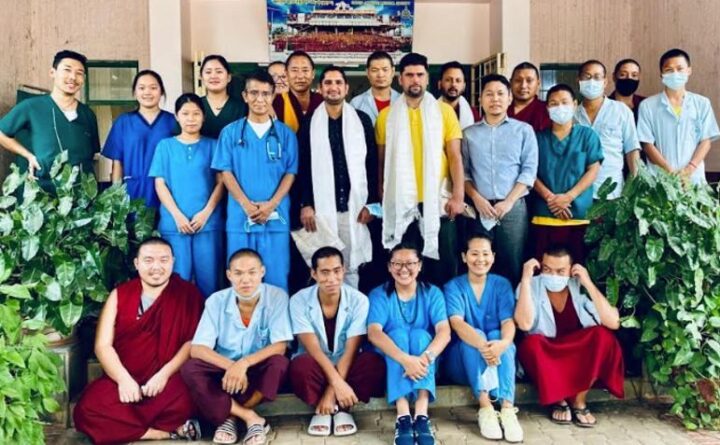
Climate and Health Stakeholders Workshop
HISP Ethiopia participated in a Climate and Health stakeholders’ workshop at Adama, Ethiopia. This workshop aimed to increase awareness of the importance of integrating climate data with health data, and to gather input, feedback, challenges and opportunities DHIS2 Climate and Health approach. The workshop has engaged several key stakeholders currently involved in Climate and Health initiatives such as Federal Ministry of Health Ethiopia, Ethiopian Public Health Institute, Ethiopian Meteorological Institute, Addis Ababa University, University of Gondar, PMI and PHE. More
HISP Integration Meeting
HISP UiO organized a HISP Integration Meeting 18–22 November in Colombo, Sri Lanka. Participants included global experts in health informatics, and involved discussions on FHIR Integration in DHIS2, API Implementation, Camel Framework for integrating data pipelines, and more. More
India-Tibet Collaboration
India and Tibet have taken healthcare collaborations to the next level beyond diplomatic ties. Not only have both governments agreed to allow mutual access to healthcare facilities for their people, but healthcare facilities in India and Nepal under the Department of Health, Central Tibetan Administration (CTA), through the Tibetan Voluntary Health Association (TVHA) are using health informatics for hospital information, comprehensive health management, and pandemic management. The CTA has also aligned its immunization schedule with India’s Routine Immunization program, and to ensure data consistency, Tibetan health records are standardized with Indian codes for mortality and morbidity. The Tibetan health system has achieved notable success by creating a robust system tailored to its limited population. HISP India, with funding from USAID, is supporting TVHA in developing and managing its health informatics mechanism. More
Palestinian National Institute of Public Health
HISP MENA met with representatives from the Palestinian National Institute of Public Health in Ramallah to discuss the evolving needs in digital health using digital health technology DHIS2. In addition to capacity building and training, the group discussed the importance of employing this technology in supporting records and health monitoring. More
Events
Digital Health Indaba, Zimbabwe
HISP Zimbabwe participated in the Digital Health Indaba event hosted by the Ministry of Health of Zimbabwe. The group is working to build a sustainable digital health infrastructure for Zimbabwe. More
Digital Health Week
HISP UiO highlighted the ways that DHIS2 can help countries build more climate-resilient health systems. DHIS2 for Climate & Health aims to enhance existing DHIS2 systems through the integration of climate, weather, environmental, and earth observation data; the development of Climate & Health analytical and modeling tools; and the design of data visualizations and dashboards to support effective and timely analysis and decision making in response to climate-sensitive health risks. More
Digital Public Goods Alliance 2024 Members Meeting
DHIS2 was represented at the Digital Public Goods Alliance (DPGA) 2024 Annual Members Meeting in Singapore, which had more than 160 attendees from DPGA member organizations around the world. This event aimed to boost discovery, development, use and investment for digital public goods. More
Global Health Supply Chain Summit
HISP UiO colleague Breno Horsth presented “Securing Digital Monitoring and Management of Cold Chain Equipment for the Vaccines Supply Chain in Malawi” at a poster exhibit at the 2024 Global Health Supply Chain Summit in Lagos, Nigeria. More
KIX Research Symposium 2024
Jerry AZIAWA, Director of Implementations, represented HISP WCA at the prestigious KIX Research Symposium 2024, held at the African Union Conference Centre in Addis Ababa, Ethiopia, 20-22 November. This event, a joint initiative of the KIX Africa 19 and KIX Africa 21 Regional Hubs, is part of the Knowledge and Innovation Exchange (KIX) program, supported by the Global Partnership for Education (GPE) and IDRC, with the support of international partners. Jerry AZIAWA presented a paper titled “Improving Educational Transparency in Togo: Case Study of the WhatsApp Chatbot for the Publication of Results.” More
OpenHIE Community Meeting
HISP was happy to participate in the OpenHIE Community Meeting again this year, where we engaged with community members and partners around interoperability and integration, and shared some of our recent work with DHIS2 on FHIR and the World Health Organization SMART Guidelines. Sri Lanka hosted the event this year and showcased the work it has been doing with its new new architectural blueprint. The country has been supported in this work by HISP Sri Lanka, in collaboration with groups like OpenSRP, Jembi Health Systems and the World Diabetes Foundation. The OpenHIE community meeting was well attended and HISP colleagues had the opportunity to exchange ideas with representatives from The Global Fund, Digital Square at PATH WHO, OpenMRS, OpenELIS Foundation, OpenLMIS, as well as regional organizations such as AEHIN, and national Ministry of Health participants including Sri Lanka and Chile. More
TB Union Conference 2024
HISP Pakistan participated in the TB Union Conference 2024 in Bali, 11-16 November. The event saw strong representation from Pakistan, including delegates from the Ministry of National Health Services, the Common Management Unit, Provincial Program Managers, WHO Pakistan, Mercy Corps, Dopasi, and the Association of Social Development, Association of Community Development, and others. A highlight was a sideline meeting convened by the Gates Foundation to discuss the strategic rollout of the DHIS2 TB Tracker in Pakistan. HISP Pakistan, alongside two other partners, provided comprehensive status updates to an audience featuring government and private sector representatives. This meeting was pivotal, underscoring the collaborative efforts toward TB data innovation and strengthened healthcare outcomes. More
Technical Mini-Conference on Spatial and Spatio-Temporal Models
HISP Rwanda was pleased to participate in the first Technical Mini-Conference on Spatial and Spatio-Temporal Models: Understanding Climate and Health, hosted by the Ministry of Health Rwanda in collaboration with Imperial College London, the MRC Centre for Environment and Health’s Department of Epidemiology and Biostatistics, and UiO. This five-day event convened 20 professionals, including public health experts, epidemiologists, and data scientists, providing advanced training in spatial and spatio-temporal modeling techniques. These critical tools are essential for addressing the health challenges posed by climate change, further equipping participants to drive impactful solutions in their respective fields. More
Uganda Digital Health Conference
HISP Uganda was proud to showcase the National Tuberculosis and Leprosy eCBSS (Electronic Case-Based Surveillance System) at the Uganda Digital Health Conference 2024. This innovative system is revolutionizing TB and leprosy surveillance in Uganda by enabling real-time case tracking, detailed patient monitoring, and data-driven decision-making to enhance patient outcomes and optimize resource allocation. Group staff provided valuable insights into how this system supports Uganda’s public health infrastructure by ensuring early detection, timely treatment, and comprehensive data management for these critical diseases. More
Also at the conference, HISP Uganda was recognized by Uganda’s Ministry of Health, as “Most Supportive Technology Partner of the Year” for 2024. More
UN World Data Forum in Medellin, Colombia
Our HISP teammates were excited to participate in last month’s UN World Data Forum. Colleagues from Chile, HISP Colombia, and the Pan American Health Organization provided support and engaged with participants to share details about DHIS2 implementations and more. Our colleague Enzo Rossi participated in a panel discussion called “Data Guilds, Data Tribes” featuring UNICEF, The World Bank, OECD – OCDE, and National Statistical Office Thailand; as well as a session with the Instituto Nacional de Estadística (INE) – Uruguay on data gathering tools; and Ayub Manya from HISP Kenya spoke about using DHIS2 to translate data into actionable indicators and policy. More
